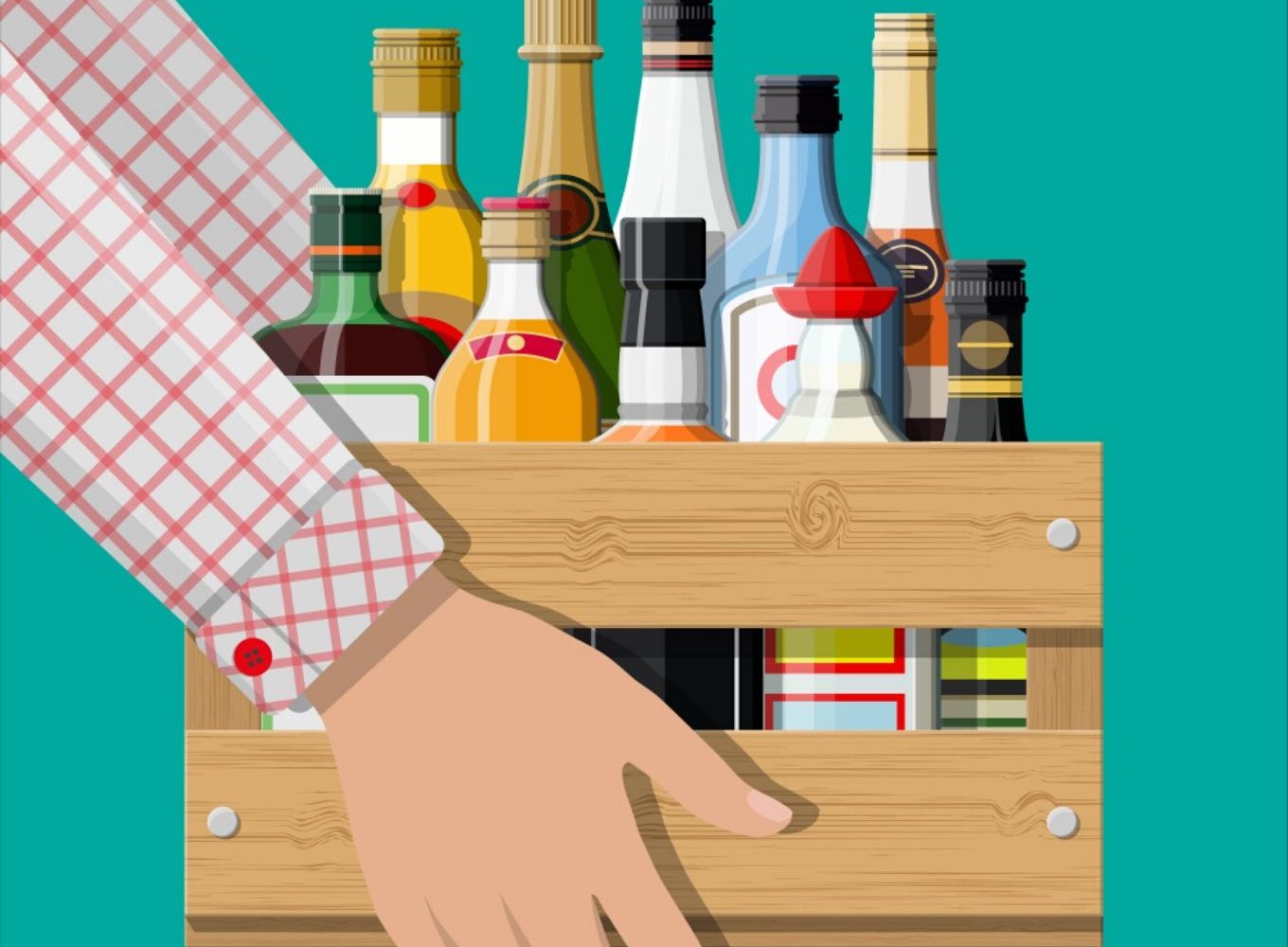With the ease in lockdown and alcohol delivery allowed nationwide, thousands of people were seen hustling in series. It has been reported that surplus sale was made through the delivery of the alcohol all across the country. However, one cannot eliminate the cardinal and pre-eminent effect of risk that is associated with it. Furthermore, there is also a prospect of adulteration to be manifested in the activity of alcohol delivery in the country which can compel loss of life.
STATES SHIFTING TO E-TOKENS
Amidst the crowd and disturbance caused on opening of the alcohol shops, States have shifted on distributing e-tokens. This is an innovative technique and is based on an online token system. It is based on pilot support for the delivery and purchasing of liquor to abstain crowd at these shops. The e-token system mainly consists of general public registering at first and then collecting an e-token online so that people do not come out of their houses together outside these shops. There are strict guidelines allowing the sale of liquor to people who only have these e-tokens. What is more to it is that the state authorities are promulgating only a controlled number of the e-tokens in order to avoid human interaction and social distancing is thereby maintained.
WILL THE PANDEMIC GIVE HYPERLOCAL AN OPPORTUNITY?
During the past three months a spike has been seen in the e-commerce industry. Hyperlocal companies are designed to deliver products in the neighbouring areas. The pandemic can give a chance to these companies to earn sky-high profits if they allow delivery of alcohol. However, it has to be assured that an intact, staunch and transparent method is used to reach the doorstep of customers’. The online system used by these companies shall also integrate a method that involves linking of Aadhar so that the credentials of the customers are secured and alcohol sale isn’t illicit and verification is maintained. There have been various countries in the west that have this system.
Various huge food tech companies like Swiggy and Zomato are trying to venture in the alcohol industry by believing that the delivery of liquor can promote responsible consumption of alcohol and social distancing. They have been having discussions with International Spirits and Wines Association of India (ISWAI) and state governments for the same. However, proper measures regarding the technology also needs to be assured. However, it is a matter of concern whether the retailers of liquor are willing to partner with these hyperlocal delivery startups.
CONDITIONS UNDER WHICH HOME DELIVERY IS PERMITTED
Their have been guidelines and order issued under the Disaster Management Act, 2005 for the sale and delivery of alcohol all over the country. The guidelines include:-
- Only Indian-made foreign liquor(IMFL) such as Wines, Spirits, Mild Liquor and Beer can be sold by the seller i.e. the licensee and only when the seller has the license to sell it.
- The delivery of Foreign Liquor and the sale can only be sought to areas that are within the licensed premises. Further, the sale can be done only on the specified days and hours as issues in the order.
- It is the seller’s responsibility to make sure that the person who is delivering the alcohol has taken proper precautions i.e. wearing a mask and proper sanitisation.
- The delivery and sale of the alcohol is only allowed when there has been an order placed for the concerned liquor.
CONCLUSION
With the overlying conditions related to the delivery of alcohol, it is very important and essential at the current time for one to practise social distancing and take necessary precautions. With India being the 4th most hit country worldwide, COVID-19 has really paused our lives. Various regulations and guidelines issued by the government regarding the sale and delivery of alcohol need to be strictly followed. At the same time, law enforcement plays a very essential part here. It is the duty of the police to make sure proper sanitisation and social distancing is followed on the delivery of these goods. Furthermore, it is the citizens responsibility to be duty-bound and make compelled decisions.
Anubhuti Bhusari
( 2nd year student, Symbiosis Law School, NOIDA BBA LLB)

